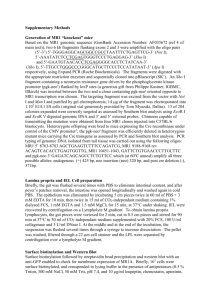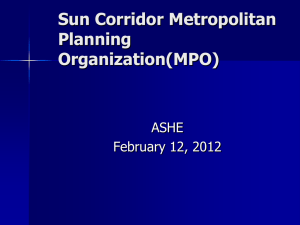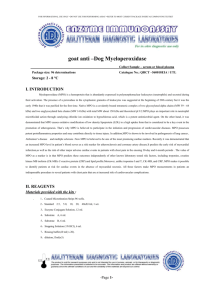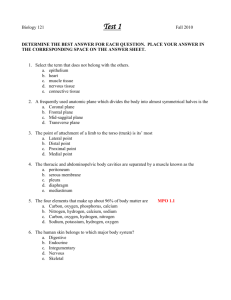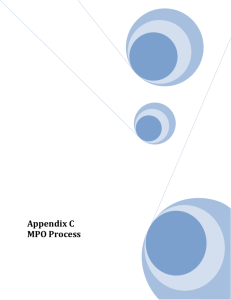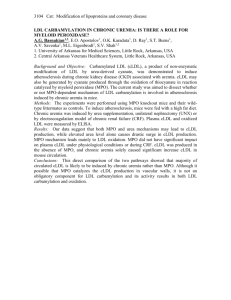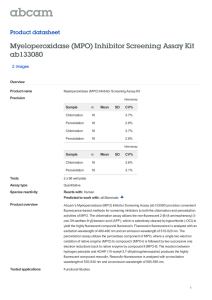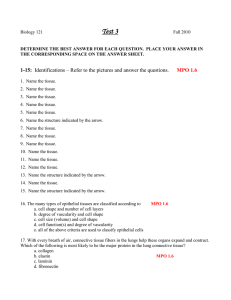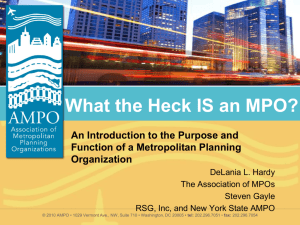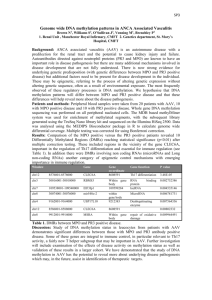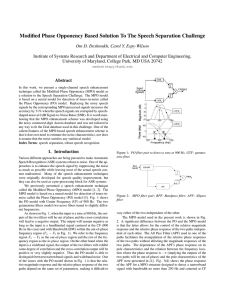The Fraud Act 2006
advertisement
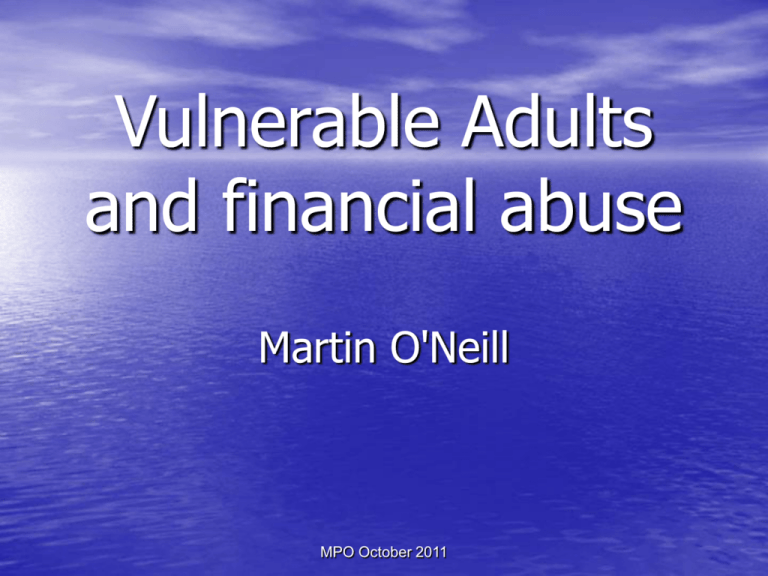
Vulnerable Adults and financial abuse Martin O'Neill MPO October 2011 Financial abuse can include: • Theft of money or possessions • Controlling someones access to money or benefits • Money being misappropriated and/or absorbed into a Care Home's or household budget without the person's consent MPO October 2011 Financial abuse can include: • Staff or volunteers borrowing or accepting gifts • • • • or money from service users Goods or Services purchased in someone's name but without their consent Taking out a loan in someone's name Being deliberately overcharged for goods or services or being asked to part with money on false pretences Altering ownership of property without consent MPO October 2011 Financial abuse can include: • Being asked to sign or give consent to financial agreements (including making a Will) when a person does not have the mental capacity to understand or give informed consent • (With thanks to Warwick University 2006) MPO October 2011 Some potential offences • Theft • Fraud • Forgery • False accounting • Handling stolen goods MPO October 2011 Theft • R v Hinks MPO October 2011 Fraud • Fraud Act 2006 • Came into Force on 15th January 2007 MPO October 2011 One or two issues: • With a view to gain or to cause loss • This is intended to be the same as the existing definition in the theft act 1968 • It is defined in section 5 of the new act • Only extends to money or other property • Can be a temporary or permanent gain or loss MPO October 2011 Dishonesty • The Ghosh (1982) two-stage test: • A) whether the defendants behaviour would be regarded as dishonest by the ordinary standards of reasonable and honest people. AND If yes • B) whether the defendant was aware that his conduct was dishonest and would be regarded as dishonest by those standards MPO October 2011 Section 2 Fraud Act 2006 • A person is in breach of this section if he• A) dishonestly makes a false representation, and • B) intends, by making the representation• (i) to make gain for himself or another, or • (ii) to cause loss to another, or to expose another to the risk of loss MPO October 2011 Section 4-Fraud by `abuse of position` • A person is in breach of this section if he• A) occupies a position in which he is expected to safeguard, or not to act against, the financial interests of another person, • B) dishonestly abuses that position, and • C) intended gain or loss MPO October 2011 s.4(2) states: • “A person may be regarded as having abused his position even though his conduct consisted of an omission rather than an act.” MPO October 2011 Occupies a position • Can be official position • Can be unofficial position MPO October 2011 Ormerod 2007 • Financial position (official): • • • • • Employee/employer Trustee/beneficiary Director/company Professional/client Business partners MPO October 2011 Ormerod 2007 • Financial position (unofficial): • Family • Friend MPO October 2011 Examples • An employee in a software company dishonestly clones his company's products to sell on for his own purposes. • BR sandwiches! Note can be alone. No need for conspiracy. • Shopkeeper double swipes and clones credit cards. MPO October 2011 PNLD (citing Law Commission paper on Fraud) • Another example covered by this section is where a person who is employed to care for an elderly or disabled person has access to that person's bank account and abuses his position by removing funds for his own personal use MPO October 2011 R v Marshall 2009 • Colette Marshall was joint manager of a residential care home • There were four residents in the home. Each had severe learning difficulties. One of the residents, B, had a mental age of only a young child. She was vulnerable and Marshall was employed in a position of trust and responsibility towards B. B had a bank account which she could not exercise any proper control over it herself. She was dependent on others to do so on her behalf. MPO October 2011 R v Marshall 2009 • There were strict rules governing the withdrawal from her account. It should only have been done in the presence of B and of course the money withdrawn should have been used entirely for her benefit. A vigilant social worker became concerned about irregular transactions; in particular withdrawals in the West Midlands which could not have been made by or for the benefit of B. An audit showed that between January and June 2008 the appellant had wrongly withdrawn £7,600 odd from B's account. MPO October 2011 Outcome • Defendant convicted of sections 1 and 4 Fraud Act 2006 MPO October 2011 To sum up • I was looking for a quote that might succinctly describe what we are looking for in the context of the vulnerable….. MPO October 2011 Section 4 is potentially aimed at: • “[A]cquisitive family members, neighbours, or acquaintances who batten on vulnerable people who have lost their wits, or who never had any, and relieve them of their money or other property by inducing them to make them gifts or exorbitant payments for minor services, or otherwise financially abuse them.” • A.P. Simester, J.R. Spencer, G.R. Sullivan and G.J. Virgo, Simester and Sullivan's Criminal Law: Theory and Doctrine, 4th edn (Oxford: Hart Publishing, 2010), p.619 MPO October 2011
